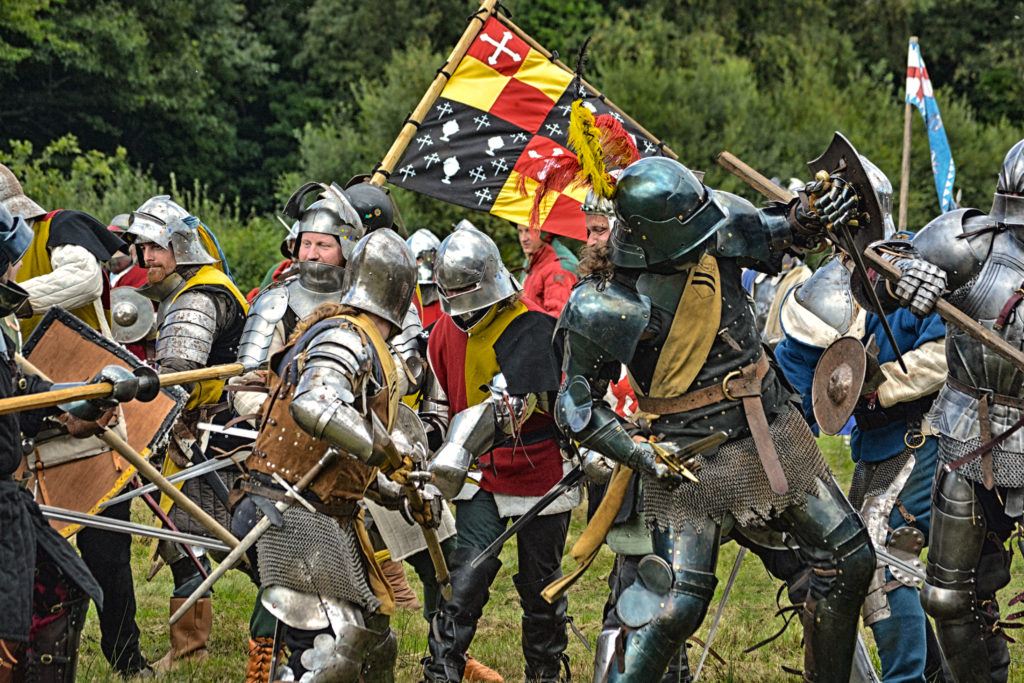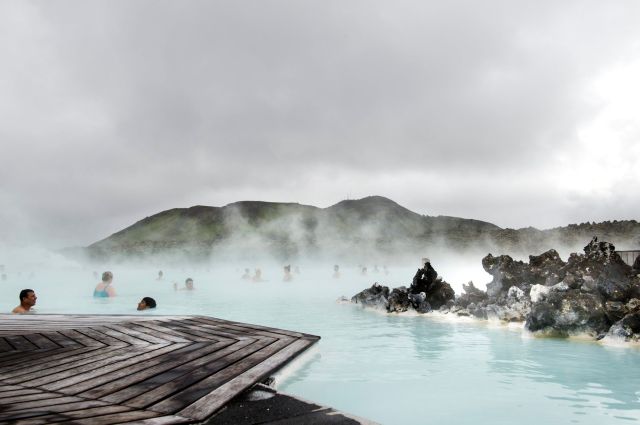People bathe in the thermal waters of the Blue Lagoon in Iceland, where it was recently declared that ‘Zoe’ “should not be considered an Icelandic name.” (Credit Image: PONTUS LUNDAHL / TT/TT News Agency/Press Association Images)

What’s wrong with Zoe? It’s a great name, the fiftieth most popular girl’s name in the United States in 2017, derived from the Greek, ζωή, for life. To me, Zoe is a smashing and super-bright Wendy Padbury in Troughton-era Doctor Who, the sort of effortlessly good at maths but stylish with it archetype which may or may not (ahem) have provided the scaffolding for my own inner life.
So what’s not to like about Zoe?
A lot, it turns out. At least in Iceland, whose Naming Commission determines the propriety of baby Icelander appellations. A new baby arrived to a Reykjavik couple (congratulations), and they wanted to call her Zoe.
“Nei!” said the Reykjavik District Court in late October, upholding a Naming Commission ruling: “Zoe” can’t be integrated with Icelandic grammar. Since, according to Iceland Magazine, no native Icelander has ever been christened Zoe, the court declared it “should not be considered an Icelandic name.”
You can tell where I’m going with this, right? The whole “Naming Commission” thing, straight out of Orwell via 1970s Soviet Neighbourhood Commissars: what right does a government have to tell parents how to name their offspring? That Zoe “should not be considered an Icelandic name” is a mixture of chilling, and laughable.
Can you imagine a British court declaring, for example, that “Idris should not be considered an English name?” Idris Elba grew up in Canning Town (say “Tahn”, American readers). You don’t get much more British than Idris, ergo “Idris” is a British name.
Well, OK (and I hope Zoe’s parents call her whatever they damn well please.) But there’s still something here for our overtly non-judgemental culture to consider.
Like more than a million of you, next year I’m visiting Iceland (permanent population around 330,000). I’m excited at the thought of the hot springs, the bathing, the whales, the Aurora Borealis, the impenetrable, beautiful language. In short, I want to visit Iceland for all the reasons that Iceland is famous, for Iceland qua Iceland; not as diluted-Iceland, an Iceland that’s homogenised itself to look and sound like any other miserable, failing western nation.

Wish-fulfillment for tourists isn’t a reason for a country to hang on to its traditions, else Londoners would still be choking to death on Holmesian pea-soupers for the merriment of overseas visitors. But it’s a reasonable question: how much of a break can a nation make with its past, and remain, recognisably, the same place?
Fear of the scale and rate of change has political consequences, after all. It is certainly a viable theory for Brexit: no matter how shrilly our cultural intelligentsia screamed at working-class Britain that immigration isn’t a problem – Some sort of bigoted woman,” said Labour Prime Minister Gordon Brown on meeting a Labour voter with the temerity to mention immigration to him at all. In the real world, millions of British voters watched Angela Merkel open the EU up to hundreds of thousands of incomers from non-European cultures and thought “No. No, sorry. Whatever Britain ‘is’, it’s not that.” They voted accordingly.
Such voters are “somewheres”, in David Goodhart’s phrase. The people who prefer the way things look now, even if they look a bit manky, a bit un-Shoreditchy (or rather, like the Shoreditch they grew up in, and not a hipster’s wet dream.) Like their Trump-ish American confrères, Brexiteers voted against the “anywheres”, with their theories of prosperity (for some) on the back of global capital and the free movement of labour.
Free movement of labour (let us call things as they are: a world without borders) means, among other things, that the names of your neighbours’ children will become unfamiliar – no big deal. Except that the language(s) you hear on the street will also change, until you reach 2016, when the Prime Minister is attacked for suggesting that your fellow citizens should share your native tongue.
The “somewhere” experience of globalism has been discombobulating. Before the referendum, liberal “anywhere” voters affected concern for their working-class compatriots, calling them the “dispossessed”. With good reason, it turns out, as “anywhere” behaviour post-referendum has made clear: ‘Who do these people think they are? It’s not ‘their’ land; it’s anyone’s who’d move here, but most of all it’s ours. Now shut up and get back in your call centre.’
However you feel about that “somewhere” territorial ownership instinct, built on an implicit relationship between land, history and behaviour (I vibrate with it, as a function of my upbringing, but I understand the limits of its political utility), it’s foolhardy to think that you can insult people out of it (hello Mrs Clinton).
As with Iceland and her Naming Commission, “somewheres” define themselves from the land to which they cling; that endless storm whipping at their backs doesn’t feel like an “anywhere” opportunity. The gap between breathing and drowning is dangerously narrow, and too easily crossed.
And in this context, where a political class casts about for answers to Brexit and Trump and Corbyn — casts about nervously, because it’s frightened of the answers — it’s no longer completely ridiculous for an institution of the state, like a Naming Commission, to insist, gently, that this, ancient and constant can sometimes be allowed to win out over the that, modern and new.
The old myths retain their power — I’m no longer referring only to Iceland, of course — and it’s not “populism” to observe people holding on in desperation, and to offer the reassurance of cultural continuity. No British Islander can regard subaerial Iceland, her volcanic-born people only just breaking the waves, and not feel a shudder of fear.
What if one day, the somewhere-voice asks, the waters start rising above your head? Where will you be, then?










Join the discussion
Join like minded readers that support our journalism by becoming a paid subscriber
To join the discussion in the comments, become a paid subscriber.
Join like minded readers that support our journalism, read unlimited articles and enjoy other subscriber-only benefits.
Subscribe